
Confessions of an American Monarchist
Sunday’s long read: Charles Coulombe on America, Europe, history, and monarchism.

Sunday’s long read: Charles Coulombe on America, Europe, history, and monarchism.

With such a fine musical performance, it is regrettable that the subway station is the production’s most memorable image.

“For me, marriage is not simply a fundamental building block of society; it has been one of the greatest sources of joy.”
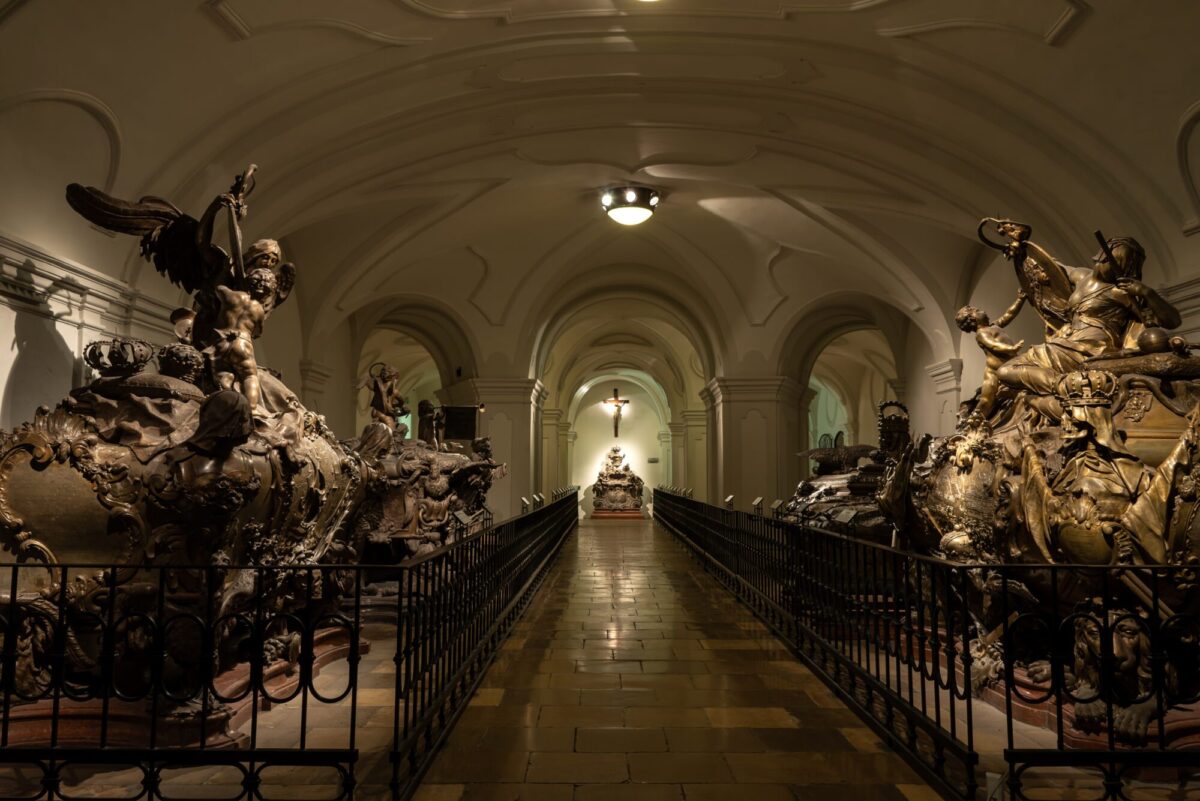
Following the burial of Princess Yolande de Ligne, there will be no more room at Vienna’s famous Capuchin crypt
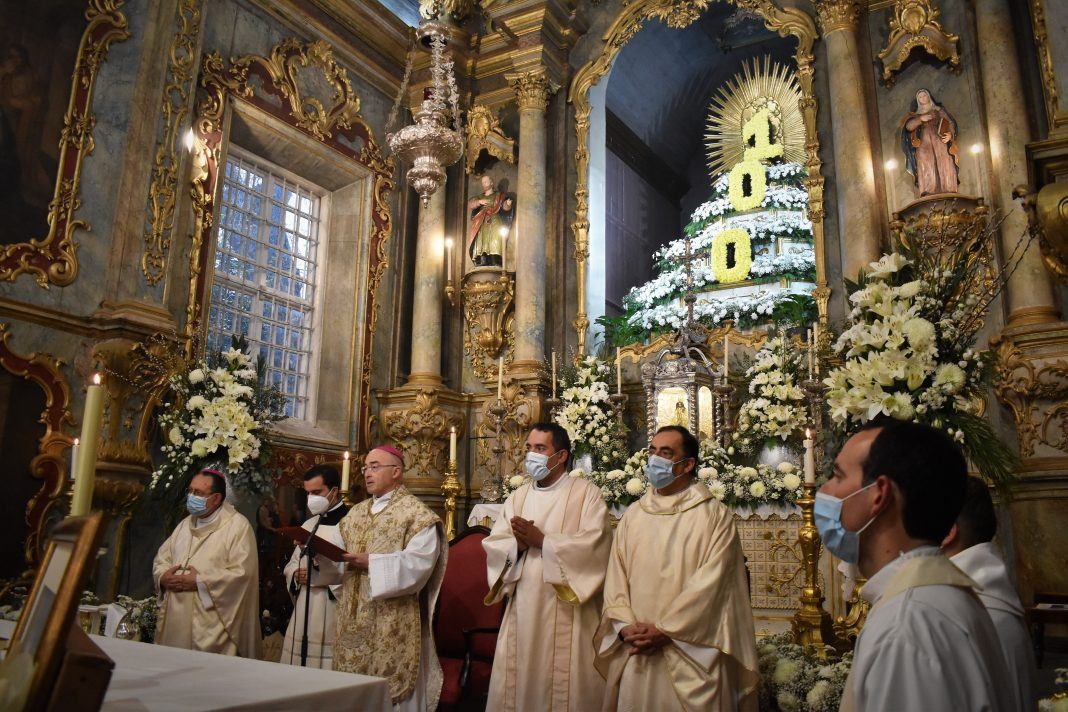
While Charles’ Centennial did not feature ritual obeisances by the successors of those who so cruelly wronged him and all whom he loved, one may hope for something different from the quasqui- or sesquicentennials. It may be that young people living today, by taking to heart the lessons he taught by his life and sacrifice, shall live in a world where this injustice is at last put to rest.
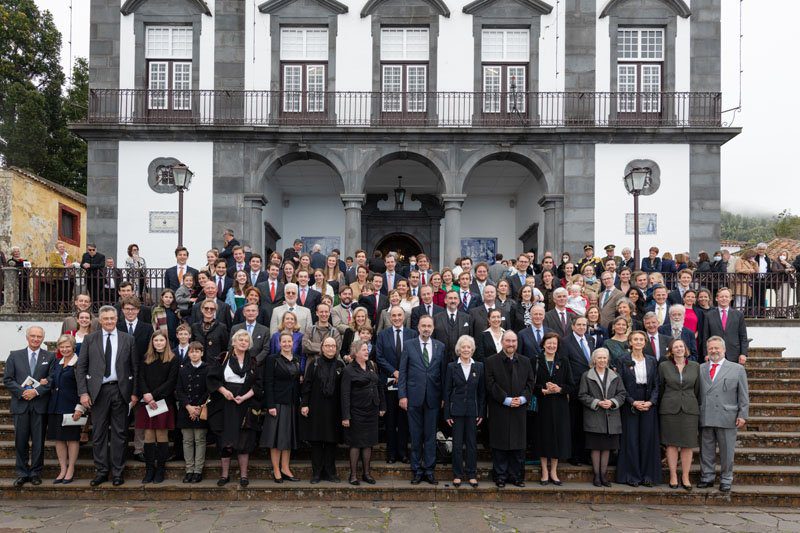
Pilgrims came because Blessed Karl of Austria lived those virtues and qualities contemporary society longs to see in its leaders, in Church and State. He was a man of integrity, a ‘whole’ man; his inner and private life was the same as his public life. He believed in the virtue of duty: to be dutiful, even to the point of losing his country, his Empire, his worldly goods and ultimately his life, makes him a man worthy of admiration and imitation.

Emperor Charles died on the 1st of April, 1922, at 12:23 pm, saying the name “Jesus” one last time.
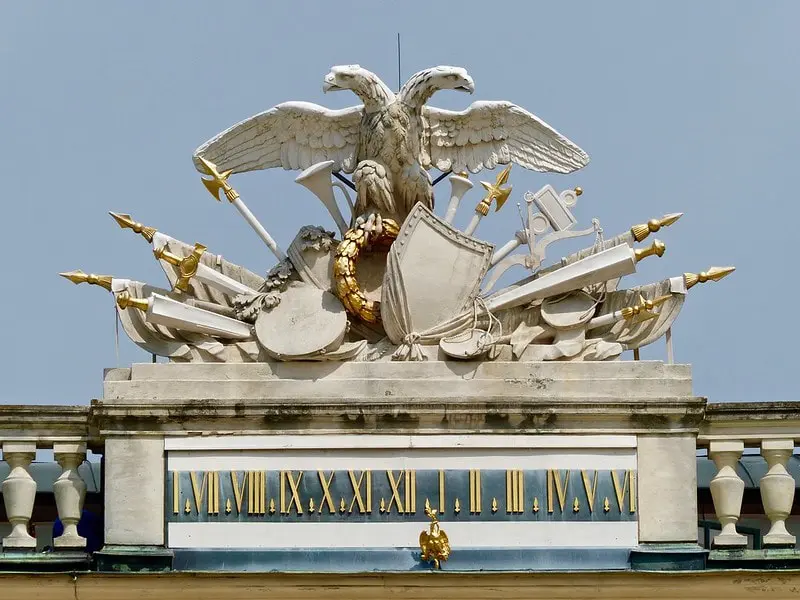
The same experience with Soviet hegemony that has rendered Central European states immune, at some level, to the kind of decadence Western leadership favors, also led them to suspect Russia’s intentions.
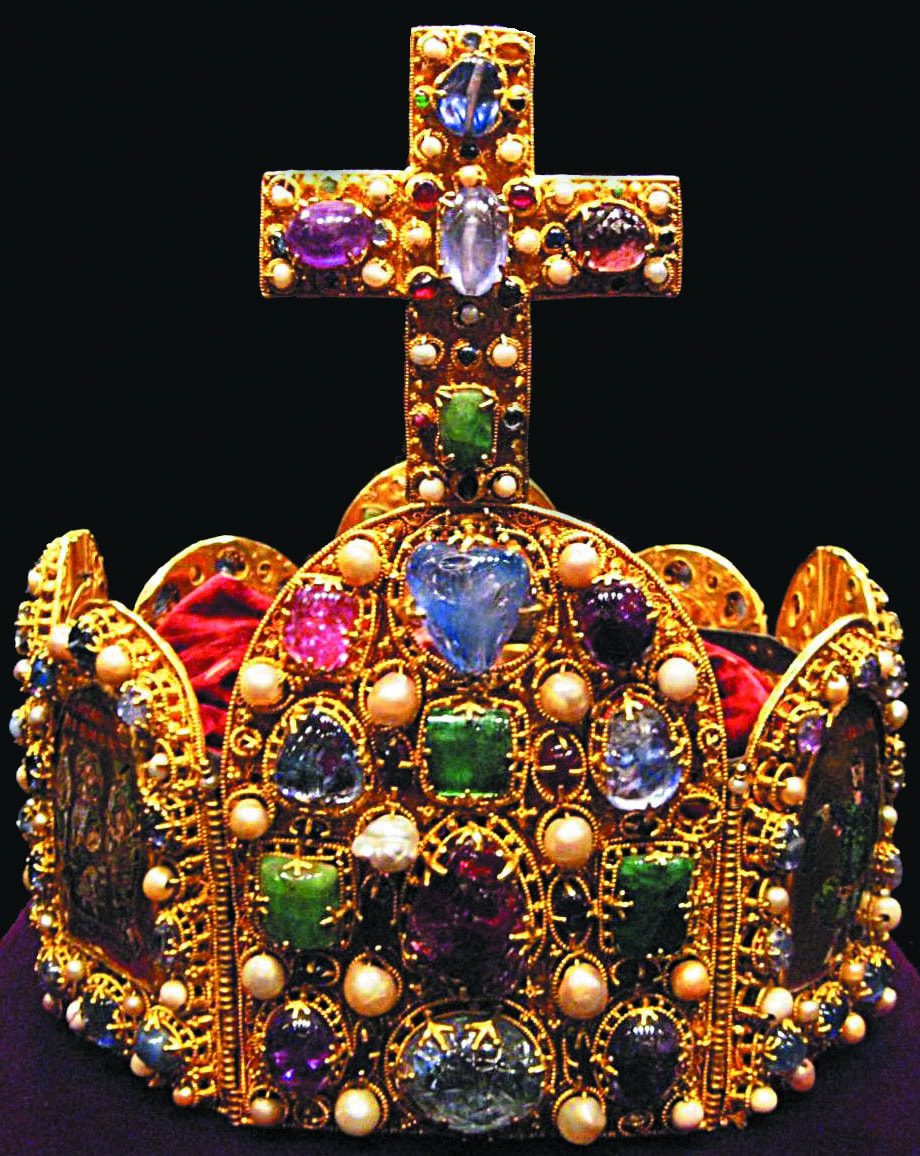
Today, we have almost forgotten the Holy Roman Empire; yet it was the empire that determined the history of Europe for almost a thousand years, and which gave the Germans a common legal framework to develop. This framework—and the shared idea of a Christian Occident—are brought together in the Imperial Crown.

The author starts from the principle that the study of the Habsburg Monarchy has for too long suffered from an analytical bias: scholars have regularly considered the Empire as something external to the nationalities that suffered under its oppression. This perspective presumes that the weaker forces, compelled to develop defensive measures, became stronger, jeopardizing the Empire’s stronghold.